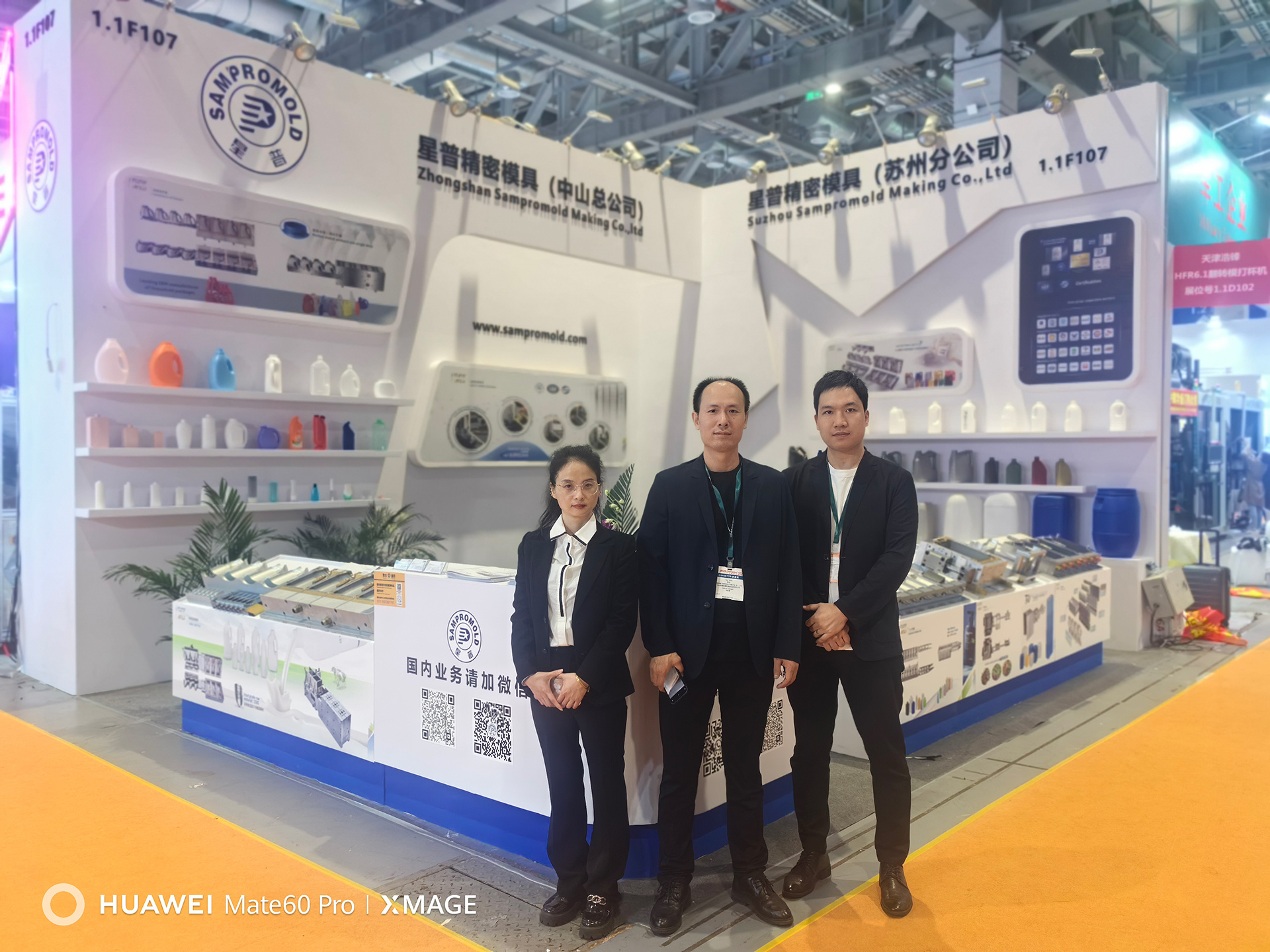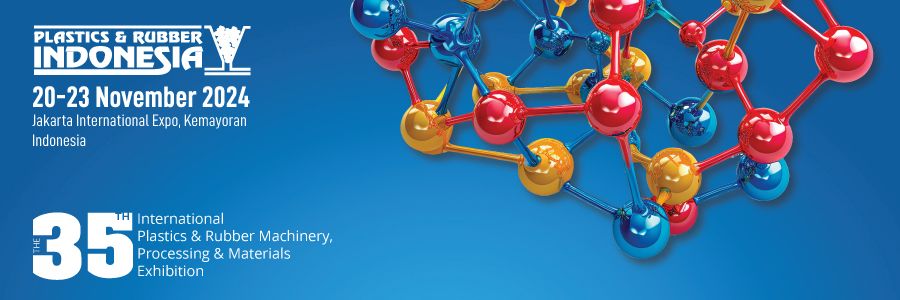Unlocking Efficiency and Quality: The Advantages of Using Renowned Nylon Injection Molds
Time:
2025-07-10
Unlocking Efficiency and Quality: The Advantages of Using Renowned Nylon Injection Molds
Table of Contents
- 1. Introduction to Nylon Injection Molds
- 2. Understanding Nylon as a Material
- 3. Advantages of Using Famous Nylon Injection Molds
- 3.1 Durability and Longevity
- 3.2 Precision and Quality
- 3.3 Cost Efficiency in Production
- 3.4 Design Flexibility and Versatility
- 3.5 Environmental Impact and Sustainability
- 4. Applications of Nylon Injection Molds
- 5. Choosing the Right Nylon Injection Mold
- 6. Best Practices for Maximizing Mold Efficiency
- 7. Frequently Asked Questions (FAQs)
- 8. Conclusion
1. Introduction to Nylon Injection Molds
In the competitive landscape of manufacturing, the choice of mold materials can significantly impact the efficiency, output quality, and overall profitability of production processes. **Nylon injection molds** have gained prominence due to their excellent mechanical properties and adaptability across various applications. This article aims to explore the multifaceted advantages of using renowned nylon injection molds, shedding light on their benefits, applications, and best practices for optimal usage.
2. Understanding Nylon as a Material
Nylon, a synthetic polymer known for its strength and resilience, has established itself as a preferred material in the manufacturing sector. This versatile plastic offers numerous characteristics that make it ideal for injection molding:
- **Strength and Durability**: Nylon is known for its high tensile strength and resistance to wear and tear.
- **Chemical Resistance**: It can withstand exposure to various chemicals, making it suitable for a wide range of applications.
- **Low Friction**: The material provides low friction properties, which is beneficial for moving parts and reduces wear on the mold itself.
These qualities enable nylon molds to consistently produce high-quality components that meet the specific demands of modern manufacturing.
3. Advantages of Using Famous Nylon Injection Molds
Renowned nylon injection molds come with a set of significant advantages that can transform production processes.
3.1 Durability and Longevity
One of the primary advantages of using famous nylon injection molds is their **durability**. These molds can endure thousands of cycles without significant degradation. This longevity translates to less downtime, reduced maintenance costs, and ultimately, a higher return on investment for manufacturers. The robust nature of nylon allows for high production rates, ensuring that operations run smoothly over extended periods.
3.2 Precision and Quality
Famous nylon injection molds are designed to offer exceptional precision, ensuring that every component produced meets strict tolerances. This level of accuracy is critical in industries such as automotive, electronics, and medical devices, where component quality is paramount. The meticulous craftsmanship involved in creating these molds guarantees that end products exhibit high levels of consistency and reliability.
3.3 Cost Efficiency in Production
Investing in high-quality nylon injection molds can lead to substantial cost savings. Although the initial investment may be higher, the long-term savings associated with reduced material wastage, fewer defects, and increased production efficiency outweigh the costs. Manufacturers can achieve better economies of scale, ultimately leading to lower per-unit production costs.
3.4 Design Flexibility and Versatility
Nylon injection molds offer remarkable **design flexibility**, allowing manufacturers to create complex geometries that may not be feasible with other materials. This versatility enables the production of intricate parts with varying wall thicknesses and integrated features. Furthermore, the adaptability of nylon molds to different applications makes them suitable for a wide range of industries.
3.5 Environmental Impact and Sustainability
In an era where sustainability is a focal point, nylon injection molds stand out for their lower environmental impact. The ability to recycle nylon reduces waste and cuts down on the demand for virgin materials. Moreover, efficient production processes minimize energy consumption, showcasing the potential of nylon molds as eco-friendly options in the manufacturing landscape.
4. Applications of Nylon Injection Molds
Nylon injection molds find applications across various industries due to their strength and versatility. Some notable sectors include:
- **Automotive Industry**: Used for producing components such as bumpers, panels, and interior parts.
- **Consumer Products**: Ideal for manufacturing durable items like kitchenware, toys, and tools.
- **Electronics**: Employed in the creation of housings, connectors, and insulative components.
- **Medical Devices**: Utilized for parts that require stringent quality and regulatory compliance.
The ability to cater to diverse applications makes nylon injection molds an invaluable asset in modern manufacturing.
5. Choosing the Right Nylon Injection Mold
Selecting the appropriate nylon injection mold involves several considerations:
- **Mold Design**: Evaluate the complexity of the desired part to select a design that meets production needs.
- **Material Type**: Different nylon compositions (e.g., nylon 6, nylon 66) offer various properties; choose based on the specific application.
- **Manufacturer Reputation**: Opt for reputable suppliers known for producing high-quality molds to ensure reliability.
Working with experienced mold makers can also help in customizing designs to meet unique production requirements.
6. Best Practices for Maximizing Mold Efficiency
To fully leverage the benefits of nylon injection molds, manufacturers should adhere to best practices:
- **Regular Maintenance**: Schedule frequent inspections and maintenance to prolong mold life and ensure consistent performance.
- **Optimal Cooling Systems**: Design efficient cooling channels to reduce cycle times and improve product quality.
- **Training for Operators**: Equip machine operators with comprehensive training to optimize mold usage and troubleshoot issues.
Following these practices can significantly enhance the performance and lifespan of nylon injection molds.
7. Frequently Asked Questions (FAQs)
What are nylon injection molds used for?
Nylon injection molds are used to create various components across industries, including automotive parts, consumer goods, electronics, and medical devices.
Why is nylon preferred for injection molding?
Nylon is favored for its strength, durability, chemical resistance, and low friction properties, making it ideal for high-quality production.
How long do nylon injection molds last?
Famous nylon injection molds can last for thousands of cycles, depending on maintenance and usage conditions. Proper care can extend their longevity significantly.
Are nylon injection molds environmentally friendly?
Yes, nylon can be recycled, reducing waste and the need for virgin materials, contributing to more sustainable manufacturing practices.
How do I choose the right nylon injection mold for my project?
Consider factors such as mold design complexity, material type, and the reputation of the manufacturer when selecting a nylon injection mold.
8. Conclusion
Utilizing famous nylon injection molds offers a multitude of advantages that enhance manufacturing processes. Their durability, precision, cost efficiency, design flexibility, and sustainability make them an optimal choice for producing high-quality components across various industries. By understanding the benefits and implementing best practices, manufacturers can maximize the potential of nylon injection molds, leading to improved products and increased profitability. Embracing this technology not only positions companies at the forefront of innovation but also contributes to a more sustainable manufacturing future.
RELATED NEWS












